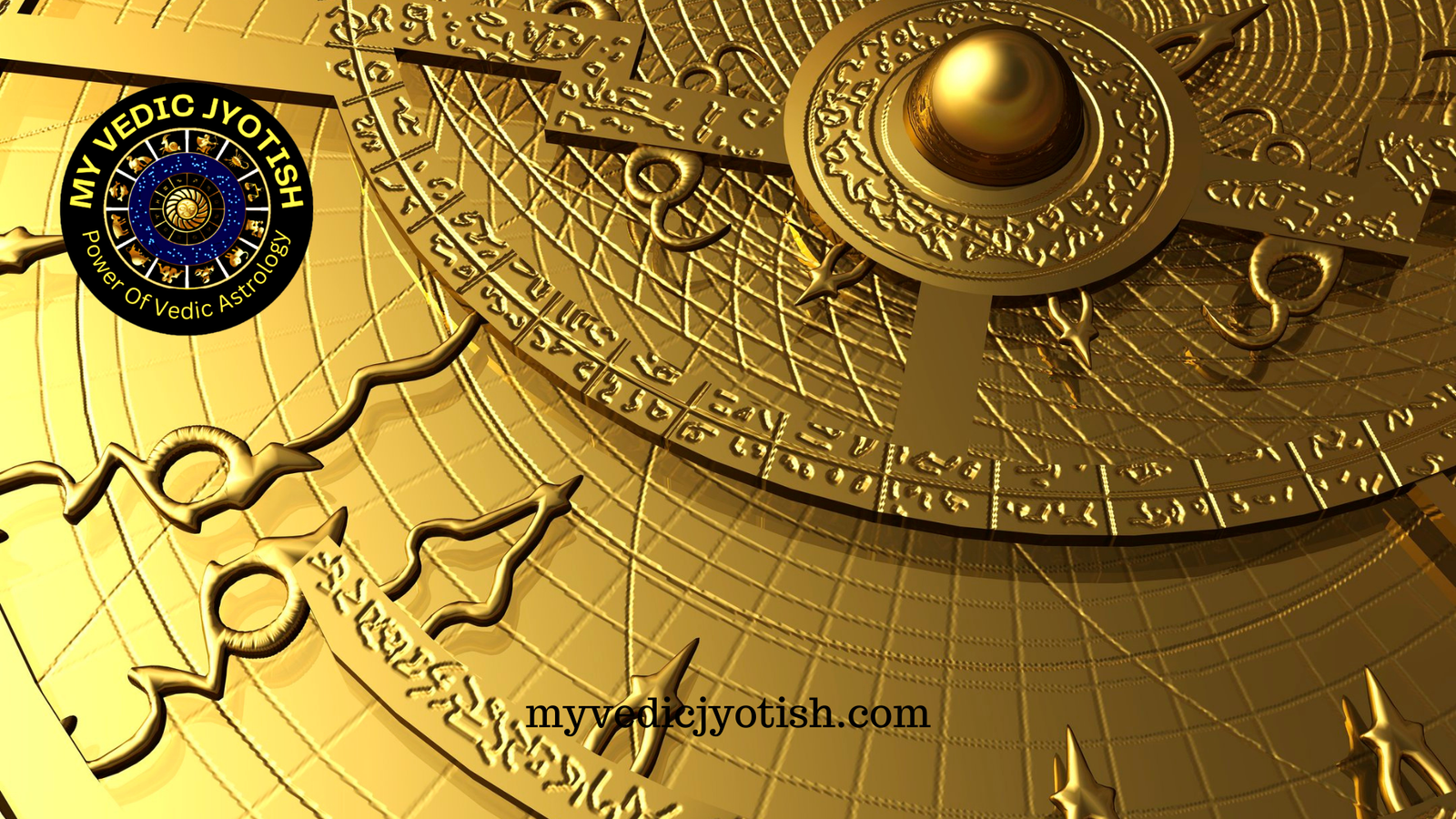In Vedic philosophy, time is perceived as a cyclical and interconnected concept. Unlike the linear view of time in some other cultures, Vedic wisdom recognizes that time is not merely a linear progression from past to future but rather a perpetual cycle of creation, preservation, and dissolution.
The Vedic understanding of time is deeply rooted in the concept of “Yugas,” which are cosmic ages or cycles that repeat themselves in an endless pattern. These Yugas are known as Satya Yuga, Treta Yuga, Dvapara Yuga, and Kali Yuga. Each Yuga has its own characteristics and durations, representing different levels of consciousness and spiritual development.
The cyclical nature of time is also reflected in the understanding of planetary movements and celestial alignments in Vedic astrology. The positions and movements of celestial bodies are seen as intricately connected with the unfolding of human experiences and the cosmic cycles of life. The movements of planets, such as the Sun, Moon, and other celestial bodies, are believed to have a direct influence on the lives and destinies of individuals.
Furthermore, Vedic philosophy acknowledges the interconnection of past, present, and future. It is believed that the actions and experiences of past lives influence the present life, and the actions and choices made in the present life shape the future. This concept is known as karma, which signifies the law of cause and effect.
The cyclical and interconnected view of time in Vedic philosophy encourages individuals to recognize the importance of aligning themselves with the natural rhythms of the universe. By understanding the cyclical patterns of time and the interconnectedness of all beings, one can strive for spiritual growth, self-realization, and harmonious living.
In summary, the Vedic understanding of time emphasizes the cyclical nature of existence and the interconnectedness of all things. It encourages individuals to align themselves with the natural rhythms of the universe and to recognize the role of planetary movements and cosmic cycles in shaping human experiences. This understanding provides a profound perspective on the nature of time and invites individuals to explore their spiritual journey within the vast tapestry of existence.



